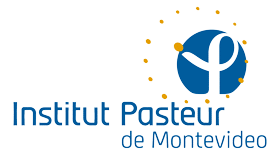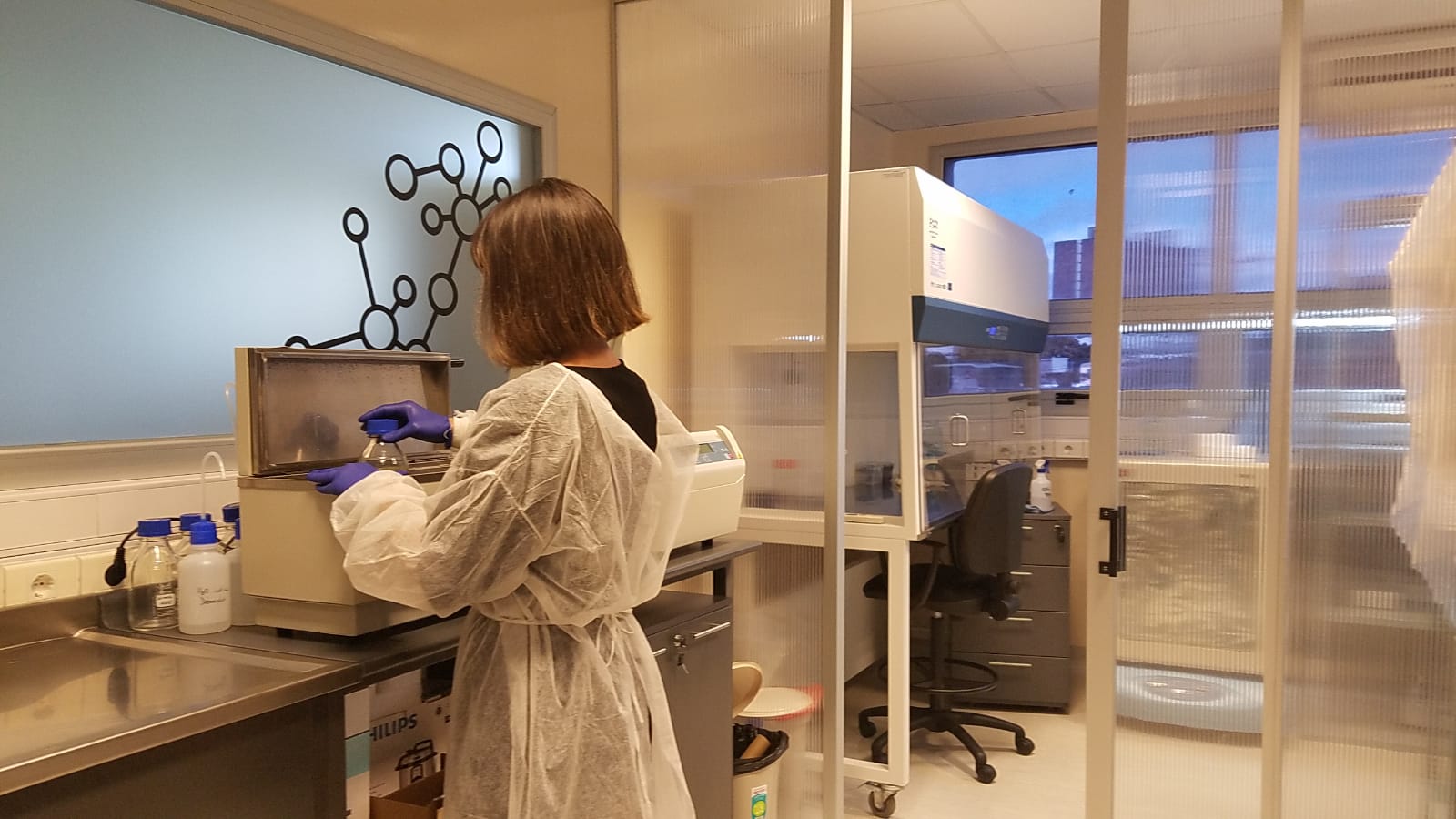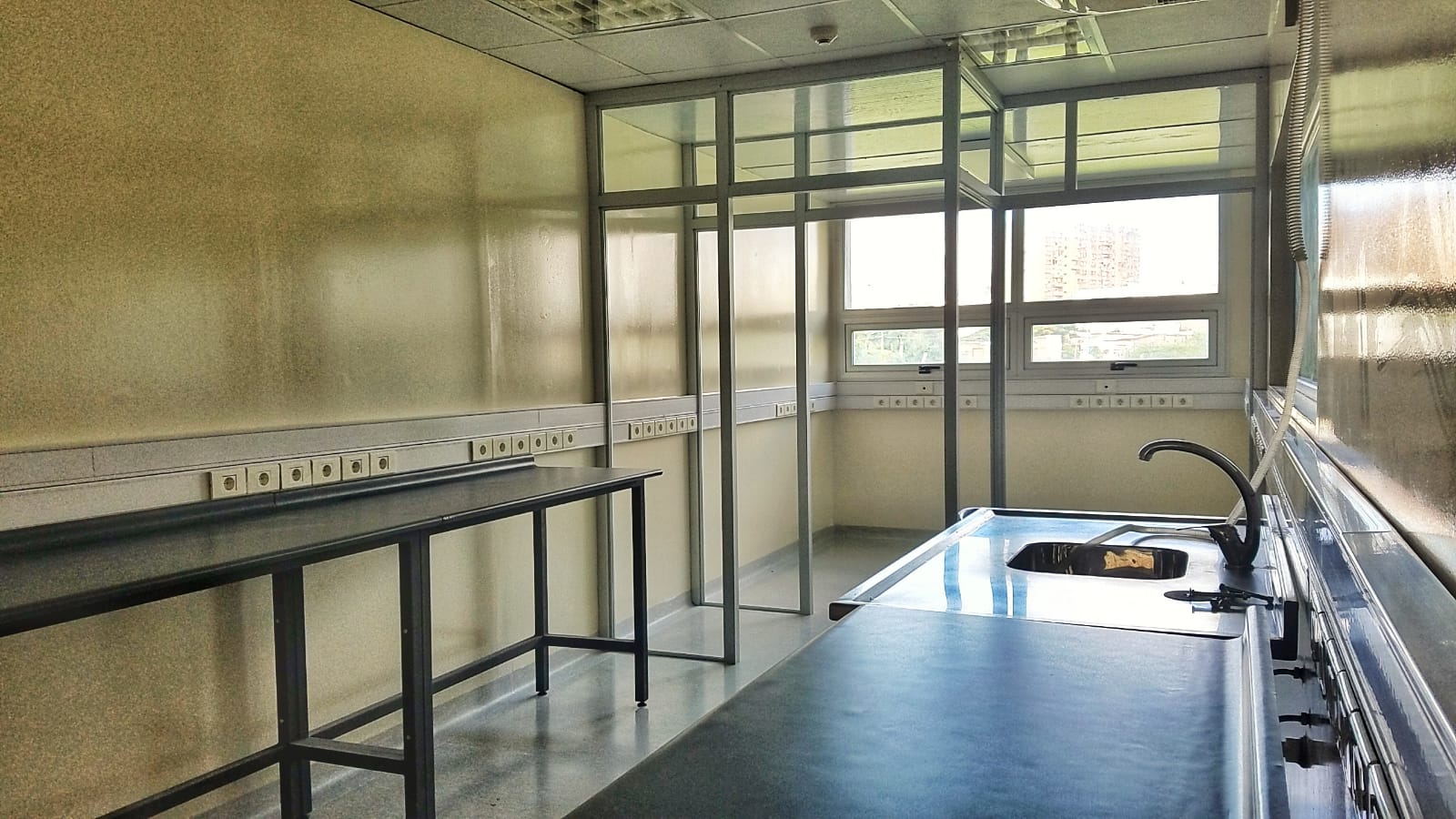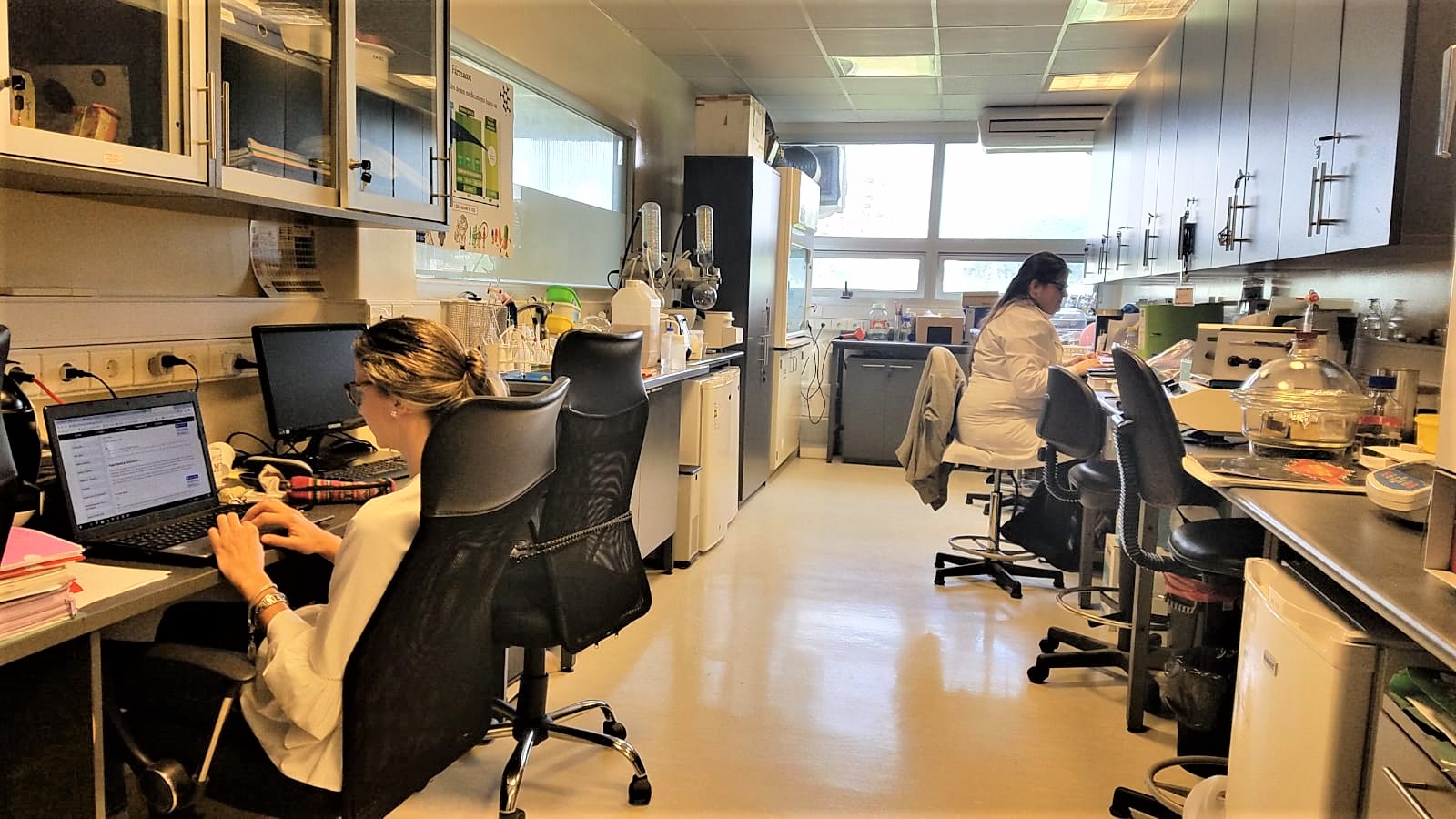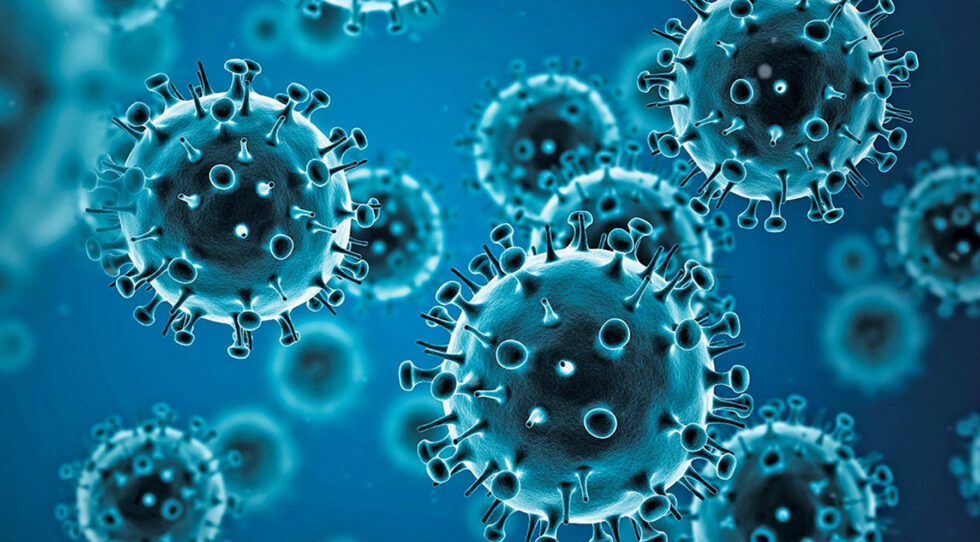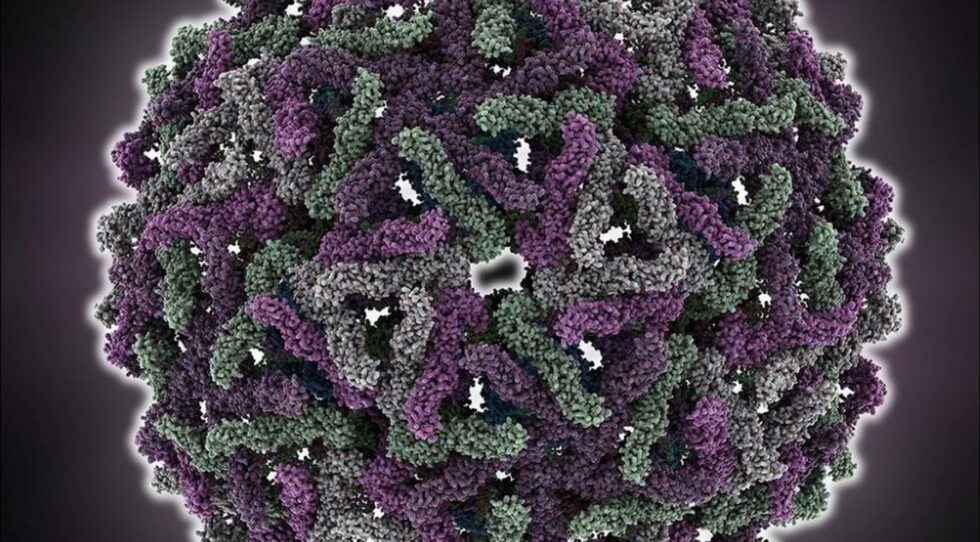Innovation
Innovation and Valorization Unit
To promote and enhance the innovation developed at the institute, as well as to favor the valorization and technological transfer of the knowledge and results generated to society and potential stakeholders, in October 2020, the Institut Pasteur de Montevideo (IP Montevideo) created the Innovation and Valorization Unit. This field, moreover, was born as a result of the existing need to accompany the development and operation of disruptive projects in life sciences, adding value and making them more competitive.
Reporting to the Executive Board of the institute, this unit is responsible for directing the results of technological innovation from the laboratories and units to the market in the form of developments, processes or marketable and/or transferable products, and for capturing the information and signals of the market to guide the IP Montevideo laboratories on new products, processes or services that the market potentially demands.
Members
The Innovation and Technology Transfer Management is coordinated by Vanesa Piattoni, who is in charge of identifying and designing, together with the researchers, the development of innovative scientific-technological processes, projects, products or services.
To that end, the unit’s tasks include drafting projects; advice to researchers for the formulation of the documents required to register scientific developments (Declaration of Invention, Confidentiality Agreements, Research Collaboration Agreements, among others); the analysis —together with the Valorization Management— of the economic exploitation alternatives and the presentation of the proposals to the institute’s Executive Board.
Together with the Board, it is also in charge of designing the activities inherent to the promotion of the culture of entrepreneurship, protection of results and forms of valorization.
Meanwhile, the Valorization Management, coordinated by Virginia Gorrostorrazo, is responsible for structuring the economic value to be created on the different projects that result in the development of processes, products, services or innovative projects emerging from the work of IP Montevideo researchers.
This area collaborates with the design of the economic model of IP Montevideo in the construction of the logistics, management and budget framework for institutional projects; of the models of contracts and of generation and distribution of the financial resources generated by the institute; accompanies the fulfillment of the designed business plans; and defines the appropriate sales channels and marketing plans, among other aspects.
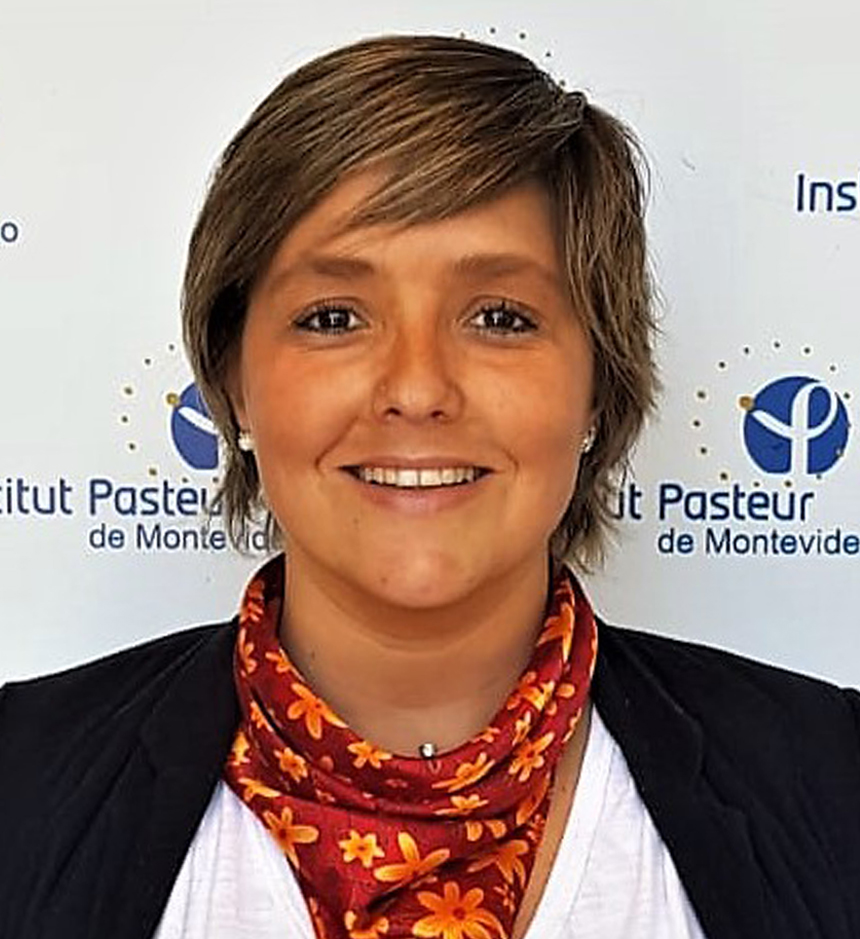
Viriginia Gorrostorrazo
Valorization Manager
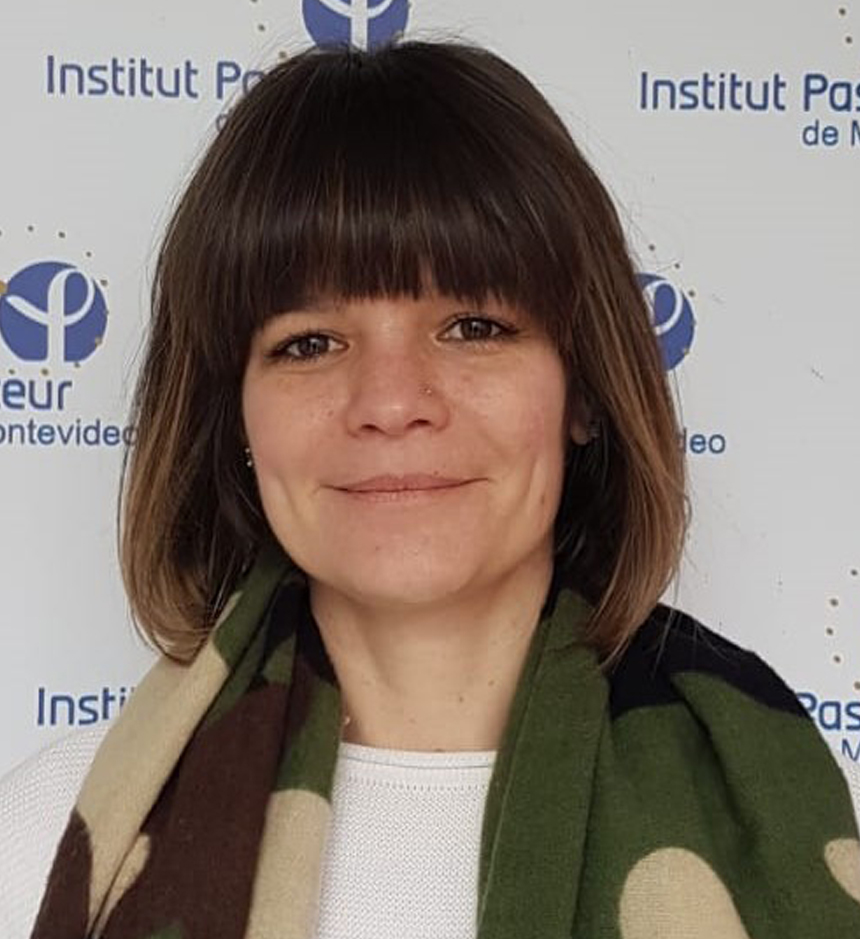
Vanesa Piattoni
Innovation and Technology Transfer Manager
Innovation Space
The Innovation Space was inaugurated in November 2013 to promote the creation of innovative ventures that aim to develop products or services in biotechnology, and focused on human and animal health.
Partially financed by the Fund for the Structural Convergence of Mercosur (FOCEM), it offers space to set up projects that have the potential to develop products in collaboration with the institute’ scientific staff and technological support.
BIOESPINN
Created in November 2013 and located in the Innovation Space of the IP Montevideo, BIOESPINN is the first incubator for human and animal health companies in Uruguay. Funded partially by the National Research and Innovation Agency (ANII),
BIOESPINN provides flexible space and competitive installation conditions for the creation of inter-institutional ventures, spin-offs and start-ups, to conduct innovative research and developments for the global market.
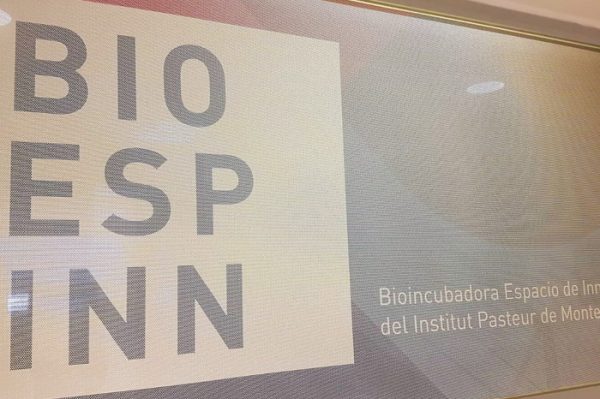
CITES-Pasteur
In August 2017, the Institut Pasteur de Montevideo and the Centre for Technological, Business and Social Innovation (CITES) —the regional technological incubator promoted by the Argentinean Group Sancor Seguros— signed the CITES-Pasteur agreement that seeks to promote the creation of new technology-based start-ups.
In this context, the joint program made an international call of expression of interest to identify scientists interested in doing research and development that culminates in the creation of start-ups aimed at solving real problems in Biomedicine, Bioinformatics, Genomics, Biotechnology, Bioengineering and Computational Biology. To support this initiative, CITES committed an investment of US$ 500,000 per project.
Around 110 applications were submitted, from which a scientific selection committee chose eight on a first round. After a second stage, four passed through to the finals.
During 2018, the groups of scientists that presented these projects have been working on their proposals to reach the first round of investors. Finally, the selected projects will receive space for incubation, access to equipped laboratories, management support, legal and financial consulting services, and links with clients and investors.
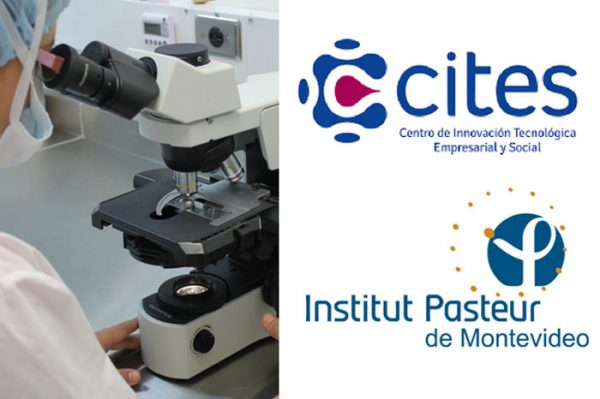
CiVE
The Center for Innovation in Epidemiological Surveillance (CiVE) was created in 2020 from the joint work between the Institut Pasteur de Montevideo, the University of the Republic (Udelar) and the National Agricultural Research Institute (INIA), with the support of the Ministry Of Foreign Affairs.
Among its objectives, CiVE seeks to identify pathogens that can affect people and animals, develop diagnostic methods for infectious diseases, investigate outbreaks to understand patterns of transmission of microorganisms, monitor antibiotic resistance and collaborate in the development of vaccines.
To achieve its objectives, CiVE works in three areas:
- Molecular microbiology, which will allow the isolation and identification of microorganisms and the development of diagnostic methods
- Genomic sequencing, with technologies that allow to know the genomic information of pathogens
- Automation and robotics, which will optimize the development of processes.
Located in the Pasteur Institute of Montevideo, the center occupies an area of 150 m2. It has a sector for research, development and innovation (R+D+i), and another for technological services. All work is focused on contributing to the health system, industries and regulatory bodies.
With the momentum and learning gathered during the COVID-19 pandemic, the CiVE seeks to support the country to control new outbreaks and make health decisions.
This initiative is the result of the path traveled by the national scientific system as a whole and is possible thanks to the support of the following donors:
- John Christian Schandy
- Roberto Palermo, president of Banca de Quinielas
- Cámara de Especialidades Farmacéuticas y Afines (CEFA)
- British Embassy in Uruguay
- Embassy of France in Uruguay
- Carlos Abboud
- Sylvie y Max Patissier
- Companies: Saceem y L’Oréal, as members of the Cámara de Comercio Francesa de Montevideo.
- U.S. Embassy in Uruguay
